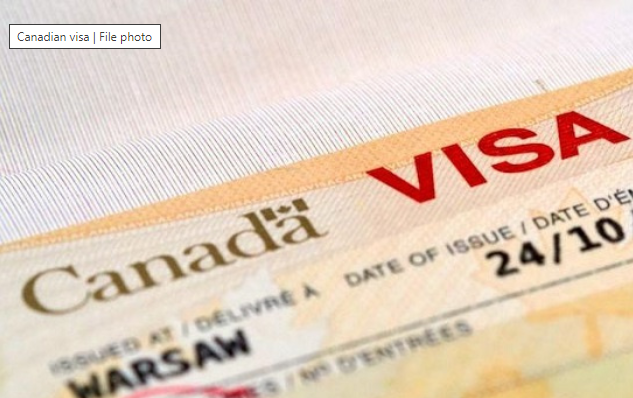$10K – $20K – Canada slaps 100% hike on financial requirements for foreign students

The development, which is dubbed as the “cost-of-living financial requirement for study permit applicants” will see an increase in fees from $10,000 to $20,000, effective January 1, 2024.
Canadian Minister of Immigration Refugees and Citizenship, Marc Miller, said the move aims to ensure international students seeking to apply for study permits are financially prepared for life in the country.
“Starting January 1, 2024, the cost-of-living financial requirement for study permit applicants will be raised so that international students are financially prepared for life in Canada,” a statement from the ministry said.
“For 2024, a single applicant will need to show they have $20,635, representing 75% of LICO, in addition to their first year of tuition and travel costs. This change will apply to new study permit applications received on or after January 1, 2024,” it added.
The Canadian authorities further pointed out that the review “will help prevent student vulnerability and exploitation.”
Canada, which has become the latest immigration haven, had had the financial requirement for study permit applicants (for international students) at $10,000 for almost two decades.
The latest announcement by Canada follows days after the United Kingdom also introduced a new set of visa rules and salary threshold for foreign workers which would effectively make it difficult for Ghanaians and others to obtain a visa.
The move, which has been tabled by the Conservative Party, led by Prime Minister Rishi Sunak, will now see individuals seeking to acquire working visas to have a minimum annual income of £38,700 (GH¢587,578), which is a significant rise from the previous £26,000 (GH¢393,444).
The aforementioned figures are more than the existing median average salary of a full-time worker in Britain.
The measures, which were presented by Home Secretary, James Cleverly indicated that the move is aimed at reducing annual immigration by 300,000 in the coming years, although an exact timeline for achieving that was not provided.
The UK Home Secretary further announced additional measures which will impose restrictions on overseas care workers, preventing them from bringing family dependents.
He added that the UK government plans to abolish the 20 percent salary discount that recruiting firms can offer workers on the shortage occupation list.
Source: www.ghanaweb.com




